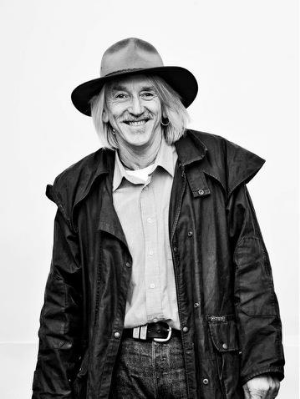This song began life with a completely different title and a slightly different chord progression. But the feel was kind of similar. I had a set of lyrics almost finished, but they were a little whiny and I didn’t like the sentiments I was expressing.
So I kind of put it in a drawer and forgot about it for a while. Andrea and I were visiting a couple of very dear friends in February. I’m an only child, and my mother’s health was at a low point then, and I was feeling pretty wiped out. Our host plays a little guitar and he had a nice old Yamaha lying around his living room.
We were waiting for a cab to go out for dinner, and as so often happens in these situations, I picked up the instrument and was fooling around with the chord progression, while we talked. And I remember saying that my situation was not unique – I wasn’t ‘the only only child in the world’, after all.
To be honest, the minute I knew I had that phrase, a voice in my head told me I was going to make an album that year, despite my plans to take a year off. As for the sentiment, it’s all very autobiographical, I’m afraid. If it veers towards self-pity, I hope it comes back from the brink. I was trying to say that love is… the fuel in the tank. The energy that makes all things possible.
The recording was interesting. Despite recording the whole thing with horns, full band, backing vocals, sax solo etc etc, I ended up scrapping that version and reverting to the rough-round-the-edges demo that you hear here – me playing an old upright piano in need of a tune. We overdubbed the vocals and guitars at Clive’s studio, though. I’m very grateful to Clive for his patience. After all that work, I had to phone and tell him I hated it.
‘What’s the matter?’ he asked.
I said, ‘I think I’ve fallen in love with the demo recording of me on an old out of tune upright piano in a storeroom at Flowerfield.’
Without hesitation, he said: ‘Bring the recording in – let’s dump it into the computer and redo the vocals with a proper mic.’
And we did an extra day – and I rediscovered the heart of the song. Listening to the big arrangement, it reminds me that sometimes more is actually less.
MUSICIANS: Anthony Toner – vocals, piano and guitars; Clive Culbertson – harmony vocals
LYRICS:
When real life tells you the score,
and the angels of destruction
come knocking on your door
and you lay down thinking you can choose
and when you wake up you’re
surrounded by the blues.
And you build your fortress walls high and strong,
but you can only hold them off for so long.
And you talk like you’re the only
only child in the world.
As a kid you made a world of your own.
You killed the long winter afternoons all alone.
With a box of plastic soldiers on the shelf,
you fought the Second World War all by yourself.
But now you’re older, and surrendering to doubt -
as the ammunition starts to run out.
You throw your hands up, like the only
only child in the world.
But did they wrap you with love?
(yes they did)
Warm blankets of love?
(every night and day)
Did they hold you tight in their arms,
all the way back home?
And nothing weighs you down like what you feel -
but you have to put your shoulder to the wheel,
and keep moving, like the only
only child in the world.
























